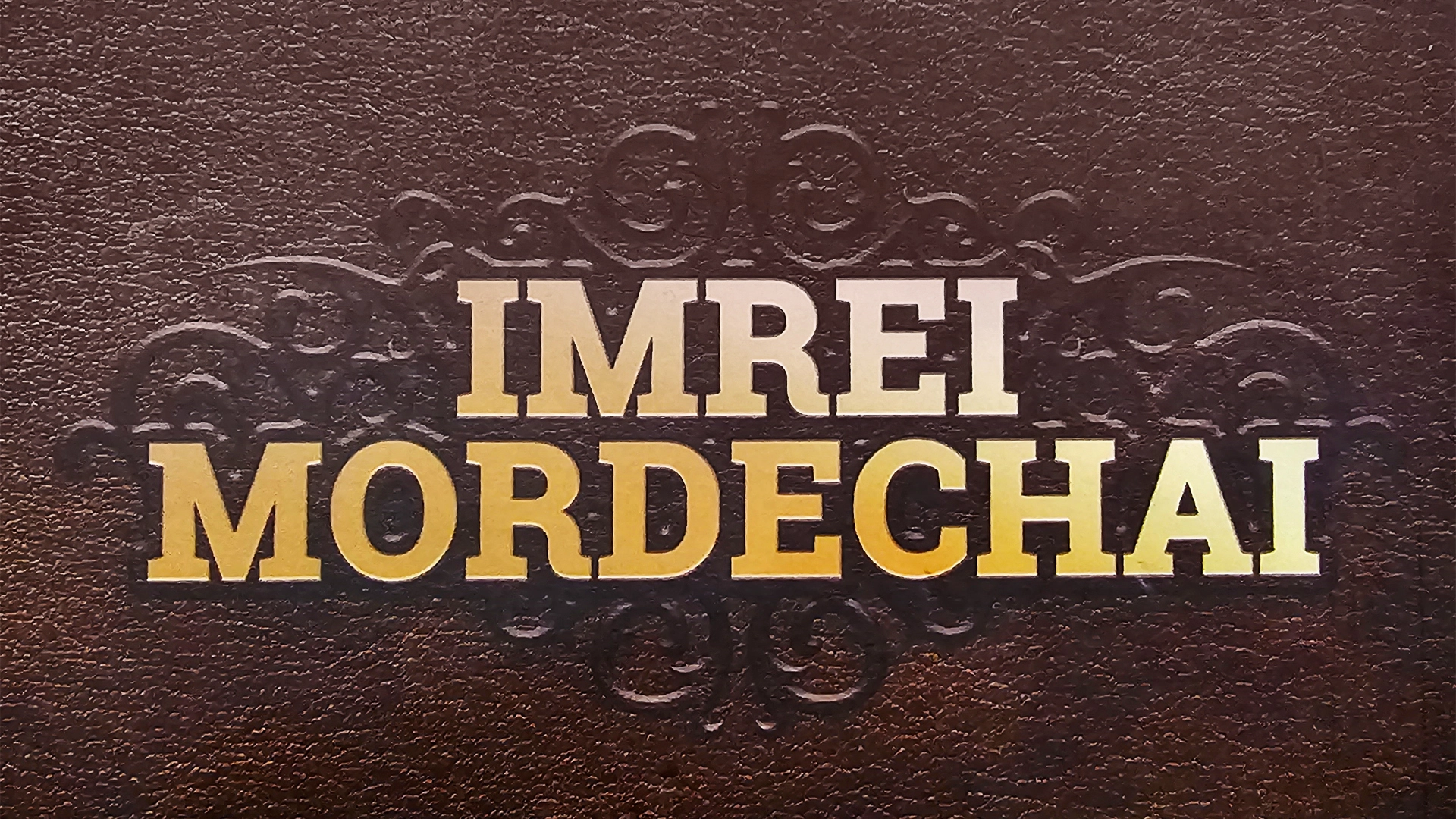Diaspora Yeshiva Toras Yisrael | Mount Zion, Jerusalem
Torah From Zion
Forms of Prayer
January 9th, 2025 / 9th of Tishrei, 5785

When we discuss the topic of tefilla [prayer], we should realize that there are various forms of its expression. One kind is as a cry, whether out loud or within a broken heart. Another form is supplication as a slave begs his master to spare his life. A third way is to demand or claim from Hashem [G-d], as if the petitioner has his request coming to him rightfully; this could border on brazenness.
A story is told that illustrates this concept. A son lived a great distance away from his father. At one point his financial situation deteriorated until he could bear it no longer. He decided to write to his father, asking for help, and penned, “Father, I am in a very difficult position and desperately need your help. Perhaps you could send me some money…” He sent it off.
His father received the letter, but since he was illiterate, he asked one of his servants to read it to him. The man read it aloud in a strident, demanding tone. “Father! I am in a difficult position and need your help! Perhaps you could send money!” Upon hearing such impudent language, the father became filled with rage. How could his son make such demands on him; what terrible manners he has, etc. He refused to help him whatsoever.
The son waited for some time without a reply, and decided that the note must not have made it to his father. So he wrote another one. To his misfortune, the same worker read it again in the same fashion, and it just increased his father’s wrath.
Again receiving no response, the son tried once more. This time, however, a different employee was asked to read it out for the father. He read it in a tone of pleading and requesting. “Father.. I am in a difficult position. I need your help. Perhaps.. you could send some money?” The father smiled with approval. “Now, my son is finally asking in the proper way! I would be glad to help him out.”
Tefilla is exactly the same. One can utter the same words, but depending on the tone, approach, and mindset, the prayer is a different prayer.
Let us now explain a fourth kind of prayer, powerful and effective: to present an argument. This works within the relationship we have with the Creator as a son to his father. Albeit this is an obvious idea, we should clarify the exact mechanics of such a prayer.
Our teacher Rav Shach said, in the name of the Sfas Emes, that when the Bnei Yisrael [Children of Israel] were wandering in the Midbar [desert], and some of them complained about their conditions, Moshe [Moses] argued with Hashem that he should not be responsible for them. “Did I conceive this entire nation, or give birth to it, that You tell me: ‘Carry them in your embrace like a nurse carries a baby…’ From where can I procure meat for this entire nation?”
Why did Moshe have to precede his complaint with the fact that he didn’t bear the people? Either way, he didn’t have meat for them all?
Answered the Sfas Emes: If Moshe had given birth to them, he would have had to find a way to provide for them! When it comes to your own child, for a hungry son or daughter, there is no excuse of “I don’t have.”
We learn from here a new depth to the concept of a father-son relationship. Since the parent brought the child into the world, it is his responsibility to provide his needs, whatever that entails.
The prayer of Chana
The famous tefilla of Chana [Hannah] is a prime example of this. The Gemara [Talmud] in Berachos [Blessings] (31b) tells us her argument, based on the verse, “And Chana was speaking to her heart.” Rabbi Elazar in the name of Rabbi Yossi ben Zimra explained she was speaking about her heart. She implored, “Master of the Universe, of all that You created in a woman, nothing was in vain. Eyes that see, ears to hear, a nose to smell, a mouth to speak, hands with which to do work, feet for walking, breasts to nurse with. These breasts that You placed upon my heart, what are they for? Are they not to nurse with? Give me a child so that I may nurse with them!”
This is an amazing idea, that we can talk to Hashem in the form of argumentation. We can say to Him, “Since You brought me into this world, give me my needs so that I can function properly.”
One must be careful, though, in how this is expressed, as there is a fine line between making an argument and demanding brazenly.
Now we understand more clearly why we pray using the titles, “Our Father, our King.” We first emphasize that Hashem is our Father, and so must provide our needs, come what may. Then we assert that since He is also our King, He has the means to do so, and can never claim like Moshe [Moses] did, “I don’t have.”
Excerpted with permission from Imrei Mordechai, Vol. 2, A Collection of Inspirational Insights from the “Mussar Shmoozes” of HaGaon Rabbi Mordechai Goldstein Ztzvk”l, The Imrei Mordechai Institute, Diaspora Yeshiva Toras Yisrael, Mount Zion, Jerusalem, Kislev 5779.

Share This!
Come Learn Torah!
From beginner to advanced, if you’re a Jewish man, 18 to 35 years of age, and you’re ready to give your heart to HaShem, and to get serious about learning Torah, Diaspora Yeshiva has a place for you with us on Mount Zion, Jerusalem.